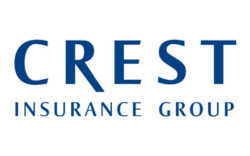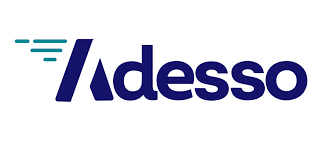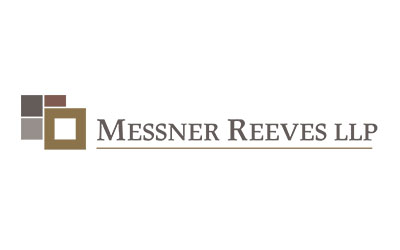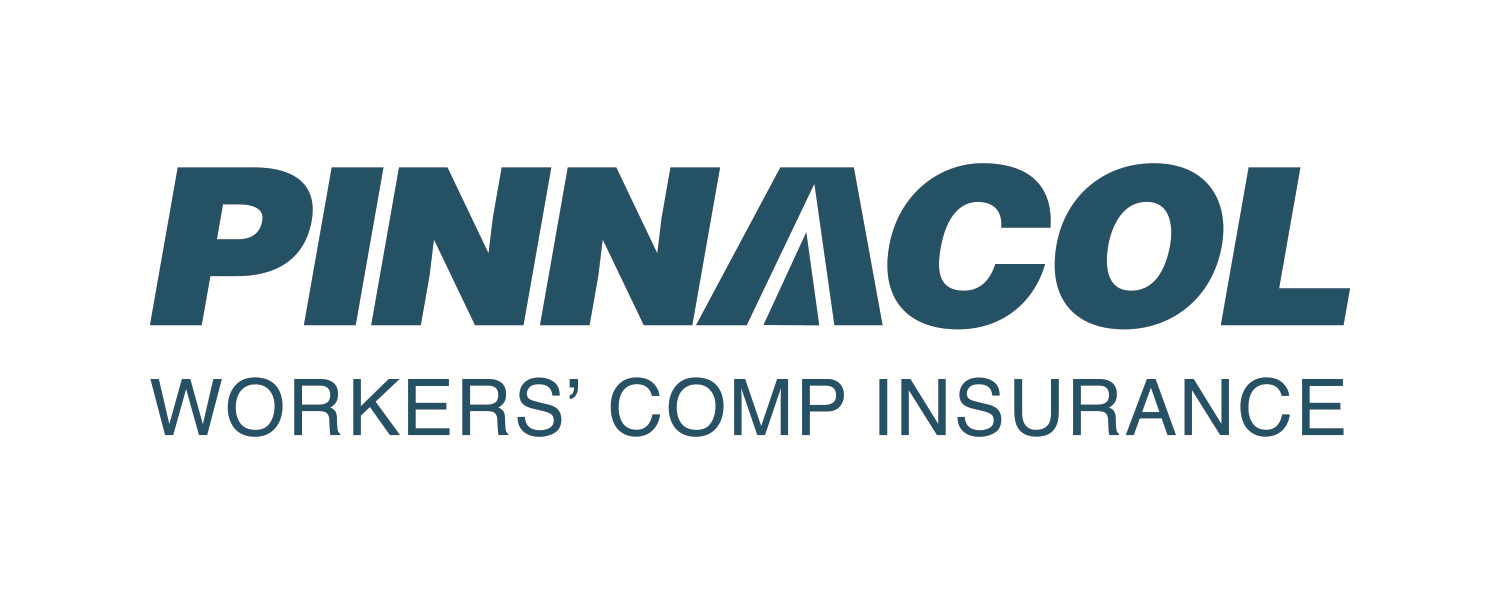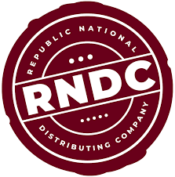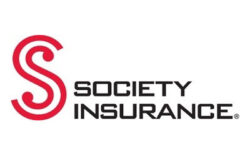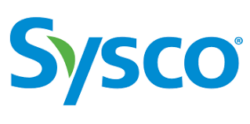This information is written and provided by our Legal Resource Center partners Fisher & Phillips LLP.
With the government’s final rules on the tips provisions of federal wage and hour law becoming effective just weeks ago, employers will be challenged with ensuring they have a plan to address the rules’ impact on their operations – and that your policies and practices on tips, tip pooling, and tip reporting are compliant with the new rules. The first rule issued by the U.S. Department of Labor (DOL), effective November 23, 2021, expanded the agency’s authority to assess penalties against employers who violate the tip provisions of the Fair Labor Standards Act (FLSA). It also clarified when managers and supervisors may receive and retain tips. The second rule, effective December 28, 2021, reinstated – and worsened – the notorious “80/20” Rule, amended the FLSA’s tip provisions regarding when restaurants with tipped employees may take a tip credit, and modified the definition of work that is considered part of a tipped occupation. What do employers need to know – and what are the ten most important action steps you should take to make sure your tip credit ticking time bomb doesn’t detonate?
5 Most Significant Changes to Come from Rule Updates
If you are not familiar with the two new rules that went into effect near the end of 2021, you can read our detailed Insights here and here. However, taking a big step back, there are five significant revisions that you need to account for given the rule updates.
- Changes in Penalties for First Time Tip ViolationsThe FLSA allows DOL to assess civil money penalties of up to $1,162 (adjusted upward from $1,100 for inflation) for violations of the minimum wage, overtime pay, and tip provisions. While these penalties are typically applied for repeated or willful violations, DOL can assess civil money penalties for tip violations that are not repeated or willful under the new Final Rule. In a startling development, civil money penalties can be assessed even for first time violations. Therefore, you face the potential of paying back wages, liquidated damages, and civil money penalties – and the loss of the tip credit – even for your first misstep in this area. These dangers are on top of potential state law penalties for those who operate in states where there are more restrictive tips-related laws.
- Managers and Supervisors Can Keep Tips – But BewareManagers and supervisors are still prohibited from keeping any portion of an employee’s tips under the Final Rule. However, an employer does not violate the FLSA when a manager or supervisor keeps tips that “he or she received directly from customers based on the service that he or she directly and solely provides.” While this provides some clarification, employers must still proceed with caution. In situations where a manager or supervisor helps serve a customer along with an employee, they may not keep any tip that the customer may leave because the manager or supervisor did not “solely” provide service. Managers and supervisors also cannot participate in a tip pool in which non-managerial employees participate, but they are permitted to contribute tips to it.
- The Determination of Who is a Manager or Supervisor Might Surprise YouThe Final Rule looks to the duties test of the FLSA’s executive exemption to determine who is a manager or supervisor. The executive exemption applies to employees whose “primary duty is management of the enterprise in which the employee is employed or of a customarily recognized department or subdivision thereof; who customarily and regularly directs the work of two or more other employees; and who has the authority to hire or fire other employees or whose suggestions and recommendations as to the hiring, firing, advancement, promotion or any other change of status of other employees are given particular weight.”The term “management” is defined broadly and includes, among other things, activities such as: interviewing, selecting, and training of employees; setting and adjusting their rates of pay and hours of work; directing the work of employees; disciplining employees; and planning the work. Interestingly, DOL did not apply the salary basis portion of the executive exemption to the new Rule. Because of this, assistant managers, team leads, and shift runners who are not paid on a salary basis or who are paid a salary of less than $684 per week could be considered a manager.
- The Return of the 80/20 RuleUnder the FLSA, covered employers are generally required to pay their employees at least the federal minimum wage, which is currently $7.25 per hour. Under Section 3(m), however, employers of tipped employees can satisfy their minimum wage obligation by paying their tipped employees direct cash wages of no less than $2.13 per hour and take a tip credit of no more than $5.12 per hour. If the combination of the employee’s direct cash wage and tips received by the employee is less than the federal minimum wage, the employer must make up the difference.The FLSA defines “tipped employee” as “any employee engaged in an occupation in which he customarily and regularly receives more than $30 a month in tips.” For many years, the regulations have recognized that an employee remains a tipped employee even if the employee spends part of their work time performing side work that is related to the primary tip-producing work, but does not produce tips (i.e., cleaning and setting tables, toasting bread, making coffee and occasionally washing dishes or glasses). In a 1988 update to its Field Operations Handbook, DOL first introduced the 80/20 rule and took the position that the tip credit would be lost for the workweek if an employee spent more than 20% of their time in a workweek performing this side work – and thus the employer would have to pay the employee the full minimum wage. This standard created significant confusion for employers and resulted in years of litigation.
Understanding the burden this imposed on employers, the Trump administration’s DOL issued a Final Rule in December 2020 which sought to eliminate the 80/20 Rule. The 2020 Rule would have applied a more workable standard that allowed employers to take the tip credit for duties performed “for a reasonable time immediately before or after” a tipped duty. Following the change in administration to the Biden White House, the DOL withdrew the 2020 Rule before it could take effect. Under the new administration’s Final Rule:
- The tip credit may only be taken for time spent by the employee when they are “engaged in” a tipped occupation. Time spent outside of the tipped occupation must be paid at the federal minimum wage without a tip credit applied to those hours.
- The 80/20 Rule is reinstated. This means that an employer loses the tip credit if a tipped employee spends more than 20% of their weekly hours performing work that is not tip-producing work, or work that directly supports tip-producing work, while on the tip credit. Tip-producing work is defined as “any work performed by a tipped employee that provides service to customers for which the tipped employee receives tips.” Work that directly supports tip-producing work is defined as “work that assists a tipped employee to perform the work for which the employee receives tips.” The 20% limitation applies to those hours for which the tip credit is taken. Hours paid at minimum wage (or higher) are excluded when making the 20% determination.
- The introduction of a new time limitation for “directly supporting” work. An employer loses the tip credit for a tipped employee who performs “directly-supporting work” for a continuous period that exceeds 30 minutes. Directly supporting work that exceeds the 30-minute threshold must be paid at the full minimum wage. The first 30-minute block of “directly supporting work” is part of the 20% analysis. The excess is not because no tip credit is taken. This new time limitation means that an employer can now have a violation even if the employee does not perform directly supporting work for more than 20% of the week.
- Clarifying the Categories You Should Now UseThe new Rule utilizes a “functional” test to determine what duties fall into each category of work.
- Tip-Producing Work: This is work the employee performs directly providing services to customers for which the employee receives tips. For a server, this includes taking orders, serving food and drinks, adding garnish to plates, toasting bread, adding dressing to pre-made salads, placing coffee in pot for brewing, assembling bread in basket, cleaning spill at customer table, processing cash/card payments, bringing highchair, and removing plates/glasses DURING meal service. For a bartender, this includes making and serving drinks, talking to customers, and serving food (if the bar includes food service). And for a busser, this includes assisting servers with tip-producing work, such as table service, including filling water glasses, clearing dishes from tables, fetching and delivering items from tables, bussing tables, changing linens, and setting tables.
- Directly Supporting Work: This is work the employee performs which directly supports tip-producing activities but does not itself generate tips. For a server, this includes dining room prep, such as refilling salt and pepper shakers and ketchup bottles, rolling silverware, folding napkins, sweeping or vacuuming under tables in the dining area, and setting and bussing tables. For a bartender, this includes slicing and pitting fruit, fetching liquor and supplies, vacuuming, cleaning ice coolers, and making drink mixes. For a busser, this includes pre- and post-table service prep work, folding napkins, rolling silverware, stocking the busser station, vacuuming, and wiping down soda machines, ice dispensers, and food warmers.
- Work that is Not Part of the Tipped Occupation: This is work that does not provide any service to customers for which the employee receives tips. For servers and bussers, this includes preparing food and cleaning the kitchen or bathrooms, and for bartenders, this includes cleaning the dining room, kitchen or bathrooms. ALL of the time spent performing these duties must be paid at the full minimum wage.
One of the biggest challenges for employers is determining what task fits into what category of work and then tracking the time the employee spends performing the work. In many cases, the same work could be could be “tip-producing work” or “directly supporting work” depending on when it is performed. For example, table service in between serving customers for bussers would be “tip-producing work.” But if it is done in preparation for the next day after the restaurant closes, it would be “directly supporting work.”
Another significant challenge for employers is that there are times when a server is waiting for customers to arrive and is not performing active work. While not directly addressed in the new regulation itself, DOL said in the preamble to the Final Rule that this time is not “tip producing” because the employee is not providing service to a customer. Instead, it is “directly supporting” work because it is in preparation for customer service. It appears then that DOL will take the position that this time, is subject to both the 30-minute and the 20% limitations.
What Should We Do Now? 10-Step Action Plan
Prior to the December 28 effective date of the 80/20 Rule, several employment associations representing the hospitality community filed a lawsuit in federal district court challenging the Rule. The lawsuit, filed by attorneys including a former DOL official, seeks to enjoin and vacate the Rule on the grounds that it is “arbitrary, capricious, contrary to the FLSA, promulgated in violation of the Administrative Procedures Act, and a violation of separation of powers.” The DOL must file a response by January 19, and plaintiffs will file their reply by January 26. While the outcome of the litigation remains uncertain, the 80/20 Rule is currently in effect and employers need to be prepared. What should you do? Here’s a 10-step action plan:
- Some states have different requirements relating to tips – with some prohibiting use of the tip credit altogether – so check state law before doing anything else.
- If taking a tip credit, make sure a proper tip credit notice has been provided to the employees.
- Review your policies and consider including a provision that limits the amount of “directly supporting work” that can be performed to 30 consecutive minutes. Moreover, avoid scheduling “directly supporting work” for periods longer than 30 minutes.
- Review opening and closing procedures to avoid tipped employees spending lengthy periods of time without any customers. One way to do this: schedule tipped employees so they do not arrive more than 30 minutes before the doors open to customers, if possible.
- Ensure you have a timekeeping system that can track the time tipped employees are engaged in tipped work and side-work.
- Implement paperwork that requires employees to report excess “directly supporting work.”
- Consider requiring an attestation from the employees affirming whether they performed side-work and how long they performed it.
- Consider paying the full minimum wage for all “directly supporting work” to simplify compliance.
- Identify all employees who may arguably be considered a “manager” and ensure they are not participating in any tip pools.
- Train managers on the Rule and the different categories of work to ensure the employees are tracking their work properly.
Conclusion
Fisher Phillips will continue to monitor this situation and provide updates as appropriate. Make sure you are subscribed to Fisher Phillips’ Insight System to get the most up-to-date information. For further information, contact your Fisher Phillips attorney, the authors of this Insight, any attorney in Wage and Hour Practice Group, or any member of our Hospitality Industry Team.

